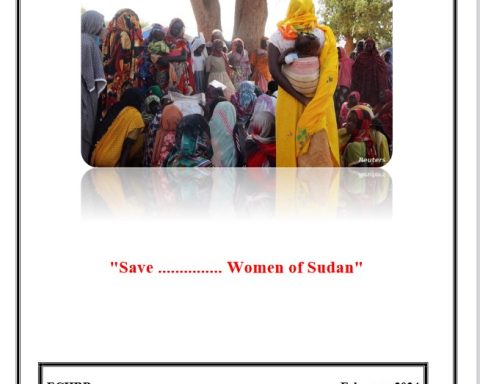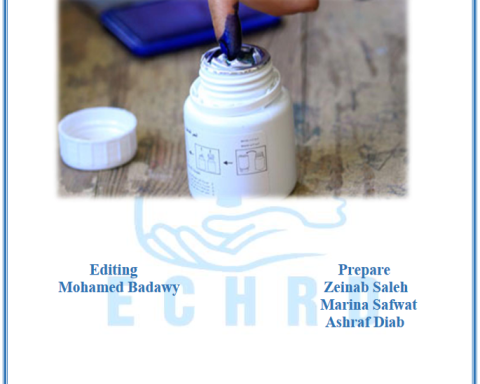The first phase of this strategy was from 2014 to 2018, and at the end of this phase, its successes and failures were evaluated, the challenges they faced were identified, and recommendations and proposals were put forward to overcome them. Thus, the Egyptian government adopted the second phase of the strategy 2019-2022, which contains 9 goals, and each goal has operational procedures, with clear performance indicators for each action, and general performance indicators for each goal. The implementation procedures for the second phase include the establishment of an ethical code in universities, civil society organizations, and the private sector. It also encourages and emphasizes the importance of involving schools, universities, media, journalists, religious institutions and research centers in preventing and combating corruption. Also, it focuses on updating legislation to improve administrative performance and transparency, protect whistleblowers and witnesses, and simplify legal procedures. The report monitored indicators of perceiving and combating administrative corruption in Egypt, where in 2019 the general indicator scored 59.5 degrees, as the perception index of administrative corruption reached 49 degrees, while the perception of efforts to prevent and combat administrative corruption reached 69.2 degrees.

Latest from Publications
The report points out the Houthi group recruits children and forces them to fight in its
The report points out that the Rapid Support Forces have committed the most heinous crimes in
Concerning the political climate, the report indicates that Egyptian President Abdel Fattah El-Sisi launched the National
These measures are represented in the exploitation of the Western media to spread rumors and false
The report monitored:• (27) electoral conferences for the candidate Mr. Abdel Fattah Al-Sisi in different governorates,







